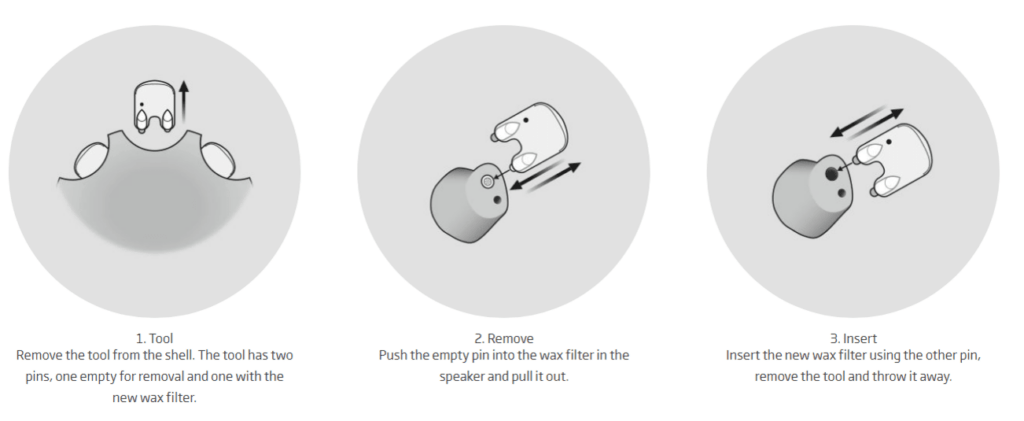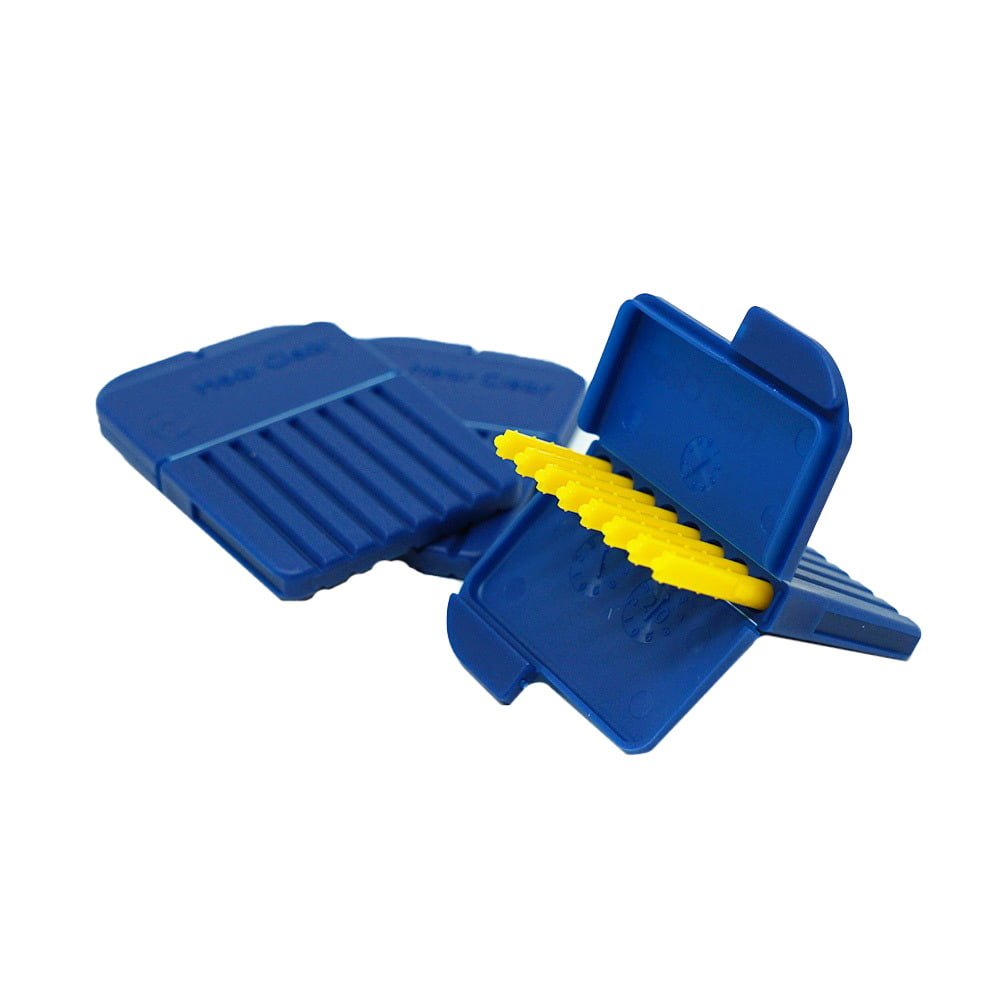Hearing aid wax guards play a crucial role in keeping your hearing aid functioning a their best. Hearing aids themselves are marvels of technology, helping millions of people around the world regain their sense of hearing and reconnect with their loved ones. These tiny devices work tirelessly, amplifying sounds and bringing the world to life for those with hearing loss.
However, like any piece of technology, hearing aids require regular maintenance to ensure they continue to function optimally. One crucial but often overlooked component in hearing aid maintenance is the humble wax guard. In this blog post, we’ll explore the vital role hearing aid wax guards play in preserving your hearing aid’s performance and longevity.
What Are Hearing Aid Wax Guards?
Wax guards, also known as wax filters or wax traps, are small, replaceable components located at the tip of the hearing aid. Their primary purpose is to prevent earwax, dust, and debris from entering the delicate inner components of the device. Without hearing aid wax guards, these contaminants can accumulate and wreak havoc on your hearing device’s functionality.
Why Are Hearing Aid Wax Guards Important?
- Protecting Sound Quality
Earwax and debris can obstruct the microphone and sound outlet of your hearing aid, leading to muffled or distorted sound quality. By trapping these particles, hearing aid wax guards help ensure that you continue to enjoy clear and crisp audio.
- Preventing Damage
Accumulated earwax and debris can damage the internal components of your hearing aid, such as the receiver and amplifier. This can result in costly repairs or even the need for a replacement device. Wax guards act as a barrier, shielding your hearing aid from harm.
- Maintaining Hygiene
Proper hygiene is essential when wearing hearing aids. Wax guards prevent earwax and dirt from building up on the hearing aid’s surface, ensuring a clean and comfortable fit. By using hearing aid wax guards, you ensure that your devices stay cleaner for longer and maintain peak performance.
How to Maintain Hearing Aid Wax Guards

Keeping your wax guards in good condition is simple:
- Regularly Check and Replace
Inspect your wax guards at least once a week. If you notice any visible wax or debris, it’s time for a replacement. Most hearing aid manufacturers provide instructions on how to change wax guards safely. Alternatively, you can check out our blog on replacing wax guards here.
- Clean Your Ears
Prevent excessive earwax buildup by cleaning your ears regularly. Consult your audiologist for safe ear-cleaning practices.
- Store Your Hearing Aids Properly
When you’re not wearing your hearing aids, store them in a protective case to keep them free from dust and debris.
- Visit Your Audiologist
Schedule regular check-ups with your audiologist. They can professionally clean and maintain your hearing aids, including replacing hearing aid wax guards when necessary.
Conclusion
Hearing Aid wax guards may be small, but their importance in hearing aid maintenance cannot be overstated. These tiny components play a vital role in preserving sound quality, preventing damage, and ensuring your hearing aids remain clean and hygienic. By incorporating wax guard maintenance into your hearing aid care routine, you can extend the life of your device and continue to experience the world with clarity and confidence.
At Hearing Aid Accessory, we understand the importance of hearing aid maintenance. We offer a wide range of high-quality wax guards and accessories to help you keep your hearing aids in top-notch condition. Don’t underestimate the power of these unsung heroes in your hearing aid’s performance. Take care of your wax guards, and they’ll take care of your hearing. Incorporating hearing aid wax guards into your routine is a simple but effective way to protect your investment and hearing clarity.

